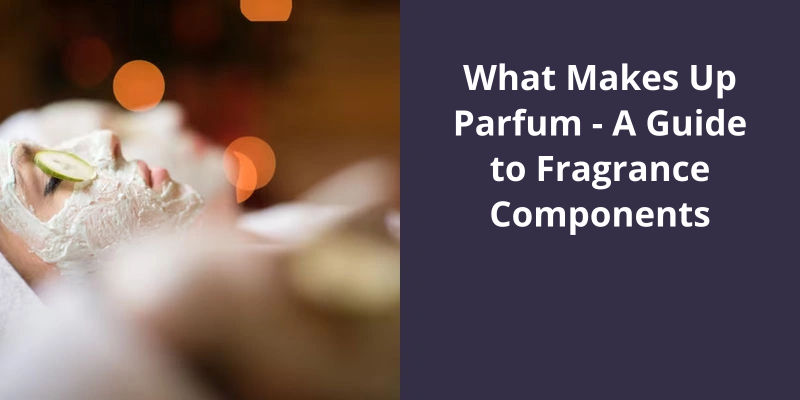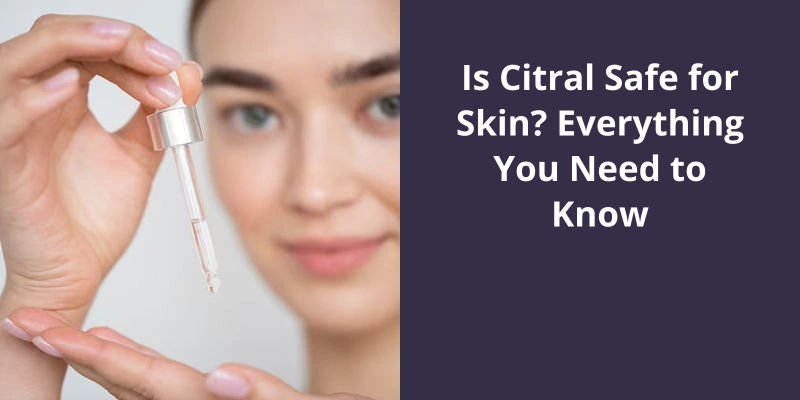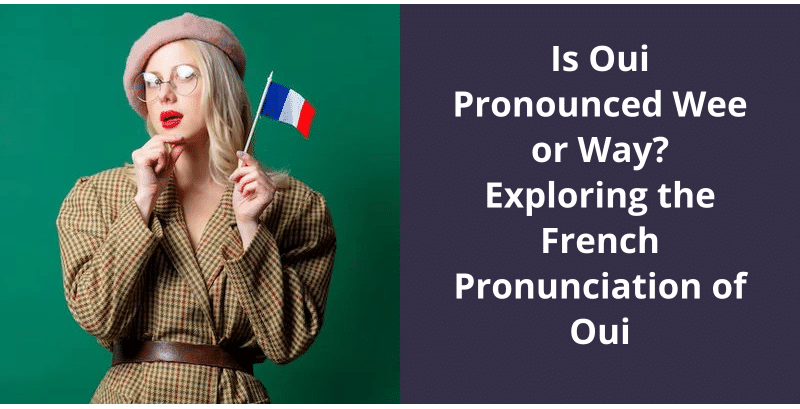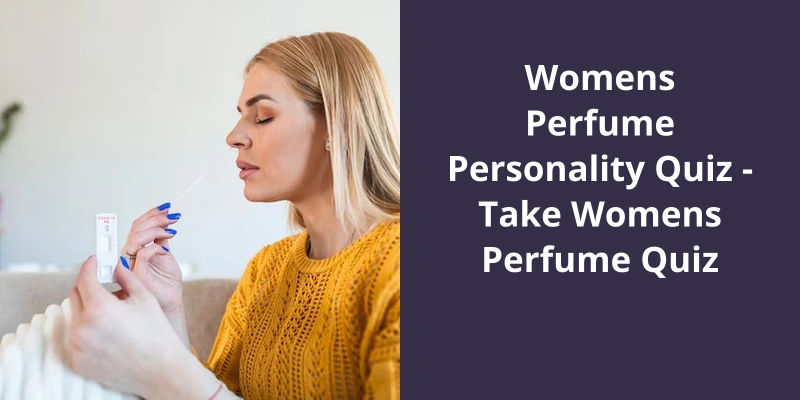Parfum, also known as perfume, is essentially made up of three key components. These are fragrance oils or perfume oils, which are the actual scents; alcohol, which serves as a carrier for the oils and helps with the evaporation process; and water, which dilutes the mixture. The perfume oils are categorized into three different levels or “notes” which are top notes, middle or heart notes, and base notes. Top notes are the initial scents that are detected, middle notes become noticeable once the top notes evaporate, and base notes are the lingering scents. The blending of these notes determines the final scent of the perfume. The concentration of perfume oils also determines the strength of the parfum; the higher the concentration, the longer the scent will last.

Is Parfum a Natural Ingredient?
A key aspect of parfum is that it isn’t considered a natural ingredient. Instead, it’s a mix of various synthetic chemicals and compounds that are combined to create a unique scent. These ingredients are carefully chosen to evoke a specific feeling or sensory experience, and they’re formulated to last for an extended period.
While some people may prefer all-natural products and ingredients, there’s no denying that parfum can add an element of luxury and indulgence to a wide range of products. From perfumes and colognes to skincare products and candles, parfum is a popular ingredient that can help take a product from ordinary to extraordinary.
However, it’s worth noting that not all parfums are created equal. Some may contain harsh or irritating chemicals that can cause allergic reactions or other adverse effects. As such, it’s important to be mindful of the ingredients in any product containing parfum, and to look for brands that prioritize natural and non-toxic ingredients.
By understanding the unique characteristics and formulations of this scent, consumers can make informed decisions about the products they choose to use and the ingredients they prefer to avoid.
Now that we know what pure parfum is and the fragrance concentration it contains, let’s take a closer look at it’s benefits and where it fits in the world of fragrance.
What Is Pure Parfum?
Pure parfum is a luxurious and sophisticated fragrance option that’s highly sought after in the world of perfumery. This type of fragrance boasts the highest amount of fragrance concentration and contains anywhere from 15% to 40% fragrance, with most parfums containing between 20% to 30% fragrance. The high concentration of fragrance in pure parfum allows it to last the longest out of all scents, usually six to eight hours, making it the perfect choice for those looking for a long-lasting and intense scent.
Another advantage of using pure parfum is it’s versatility.
When it comes to applying pure parfum, a little goes a long way. Due to it’s high concentration, only a small amount is needed to create a lasting and memorable scent. It’s best to apply parfum to pulse points such as the wrists, neck, and behind the ears to ensure the fragrance lasts as long as possible. It’s also important to apply the parfum to clean, moisturized skin to prevent any interference with the scent.
With it’s high concentration of fragrance oils, versatile scent options, and long-lasting capabilities, parfum is an excellent choice for those who want to make a bold and lasting impression.
How Is Pure Parfum Made?
Pure perfume, also known as parfum, is made by blending essential oils and aromatic compounds with a solvent such as alcohol or oil. The concentration of these oils and compounds is much higher in parfums than in other types of fragrance, typically between 20% and 30%. The blending process is complex and requires expert perfumers to create unique and high-quality scents. The final product is carefully bottled and packaged before it’s sold to consumers.
Source: A Guide to Perfume Types
Understanding the different types of fragrances and how they differ in terms of longevity and shelf life can be a bit confusing. In the world of scents, eau de parfum and eau de toilette are two popular options, and it’s important to know the difference between them before making a purchase.
Does Parfum Last Longer Than Perfume?
The difference in longevity between parfum and toilette can be attributed to their concentration of fragrance oils. Parfum, also known as perfume extract, has the highest concentration of oils at around 20-30%. This makes it the most potent and long-lasting of all fragrance options. On the other hand, eau de toilette typically has a concentration of 5-15% fragrance oils, making it a lighter and more refreshing option.
It’s important to note that factors such as skin type, temperature, and even the wearers mood can affect the longevity of a fragrance. Certain scents may also last longer on some people than others. Generally speaking, however, parfum will always outlast eau de toilette.
Higher quality ingredients tend to have a longer lasting scent. Brands that use synthetic fragrance oils may not last as long as those that incorporate natural oils. It’s always recommended to invest in a quality fragrance if longevity is a priority.
When it comes to shelf life, parfum can easily last up to five years longer than eau de toilette. This is because of it’s higher concentration of oils, which act as a natural preservative. Proper storage can also help extend the shelf life of a fragrance. Keeping it in a cool, dark place away from direct sunlight and heat can help prevent it’s deterioration.
What Are the Differences Between Natural and Synthetic Fragrance Oils in Terms of Longevity?
Natural fragrance oils come from plant-based sources and typically have a shorter longevity due to their organic composition. Synthetic fragrance oils are chemically created and can last longer due to their stability and controlled properties.
Conclusion
In conclusion, perfume is an intricate creation that requires a delicate balance of essential oils, fixatives, and solvents to create a pleasant and enduring scent. The art of perfumery has been practiced for centuries and has evolved through various cultures and traditions. It not only adds a pleasant fragrance to our surroundings, but it also serves as a means of personal expression and identity. The complexity and diversity of the ingredients used in perfumes make it a fascinating subject for exploration and experimentation, with endless possibilities for creating new and unique scents.





